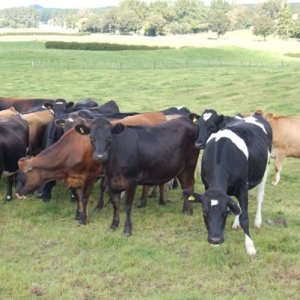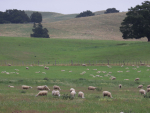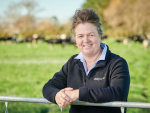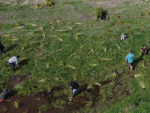Despite good levels of rainfall throughout the region, dairy farmers in South Otago and Southland are still managing difficult dry conditions.
DairyNZ regional leader for Otago/Southland, Miranda Hunter, says most farmers have short-term plans in place for the next few weeks, but autumn and winter will be a challenge.
"Pasture growth rates are improving and are now ranging from 19 to 40-plus kgDM/ha/day, but supplements are still being fed on the majority of farms," says Hunter.
She says dairy farmers need to focus on their crops and evaluate what any shortfall means going into winter.
"This has been a challenging season to date, the majority of farmers will be looking at production below budget and increased supplement costs. Good planning will ensure there is not a carry-over impact to next season."
While early winter crops are in a far better position than later crops, DairyNZ recommends farmers seek advice now from their technical field rep to develop a plan and deal with any weed and pests to give plants the best chance.
"A lot of larger plants are carrying pests which are eating new growth as it comes through. Pest management is important," says Hunter.
Farmers are also encouraged to develop a plan for winter, to help prevent the impact of this summer's dry conditions spilling over into next season.
"Identify potential winter crop yield deficit and check with graziers regarding their situation and realistically how many cows they will be able to take. The earlier a plan is put in place, the more options are available."
DairyNZ recommends completing a winter and spring feed budget.
"Calculate how much supplement will be required for autumn, winter and spring and put a plan in place to source it," says Hunter.
"Winter feed is likely to be tight, therefore putting weight on over winter cannot be relied on. Manage body condition score (BCS) over the autumn to dry off at target BCS."
To find out when the next DairyNZ discussion group is held in your area, visit the events section of the DairyNZ website at www.dairynz.co.nz/events. For more information on dealing with dry conditions, visit www.dairynz.co.nz/drysummer.


















